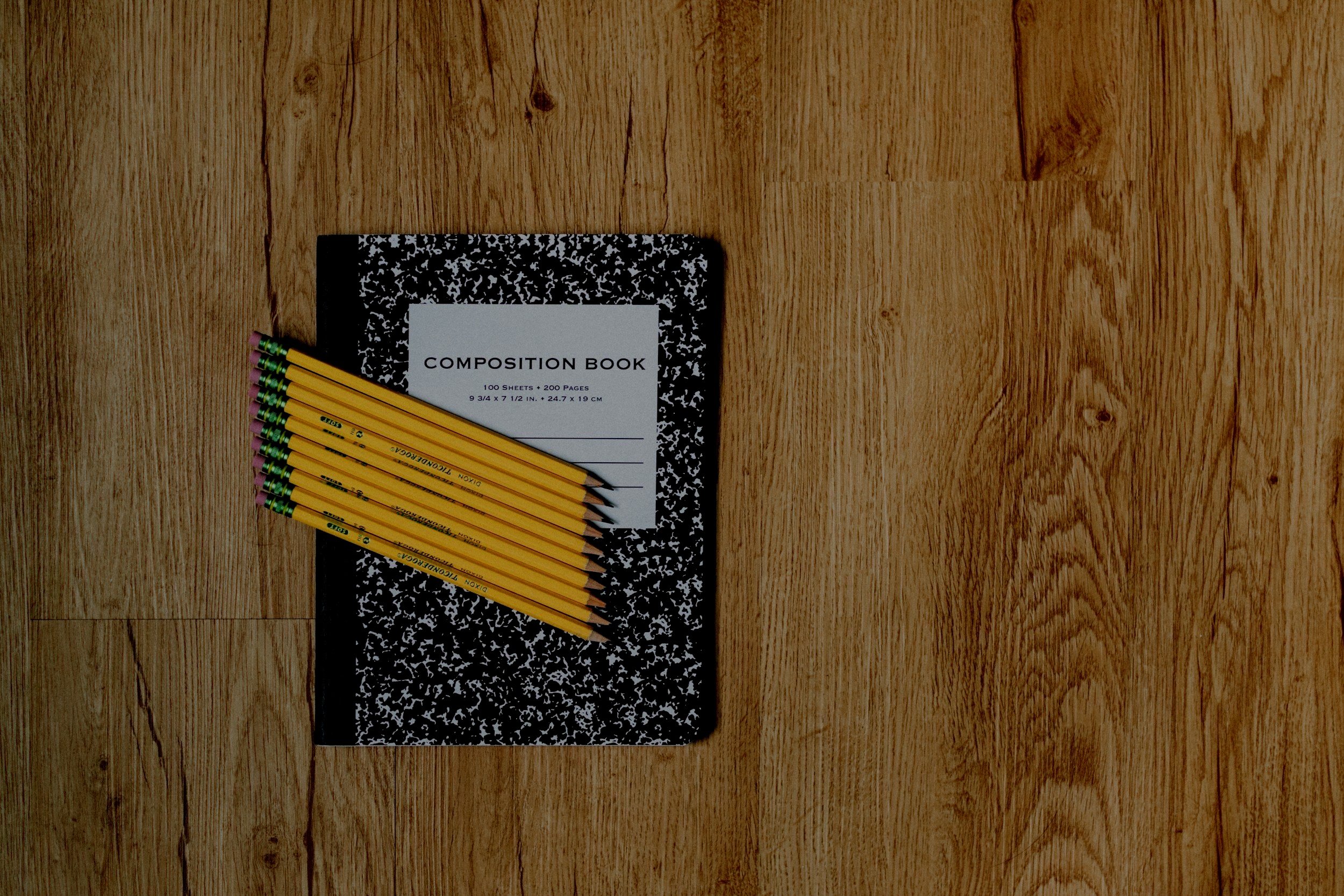
Dysgraphia Assessments
Dysgraphia is a specific learning disability that affects an individual’s writing abilities. Signs of dysgraphia can include difficulty with spelling, poor handwriting, and trouble putting thoughts down on paper. Dysgraphia is a neurological disorder that can vary in presentation and severity from person to person. Bluebird Psychology specializes in comprehensive psychoeducational assessments to identify dysgraphia. We also provide intervention support and recommendations.
Signs of Dysgraphia:
Handwriting Issues:
Someone with dysgraphia may have printing that is difficult to read with inconsistent letter sizes and shapes. They may have uneven spacing between letters and words. They may also have a difficult time writing on the line.
Emotional Signs:
Someone with dysgraphia might be reluctant to complete writing tasks. They may become anxious and frustrated when they have to write.
Fine Motor Difficulties:
Someone with dysgraphia may have an awkward or painful pencil grip, they might take longer to complete writing tasks, and they may struggle to correctly form letters.
Academic Performance:
Someone with dysgraphia may have messy and disorganized note taking, struggle with note-taking, and perform better when completing oral assignments compared to writing ones.
Written Expression Challenges:
Someone with dysgraphia may have difficulty translating their thoughts into written words, they may have difficulty writing complete and properly structured sentences, and they may leave out words or parts of a word when writing.
Other Signs:
Other signs that someone may have dysgraphia can include frequent erasing, slow and effortful writing, and difficulty copying words and sentences from the board.

Interventions for dysgraphia may include occupational therapy to improve fine motor skills, specialized instruction in writing and spelling, the use of technology to assist with writing (such as speech-to-text software), and classroom accommodations like extra time for writing assignments or allowing someone to respond verbally.
A dysgraphia psychoeducational assessment is a comprehensive process that examines an individual’s cognitive and academic abilities, phonological processing, and fine motor skills.
The assessment process begins with an intake meeting. This meeting can be scheduled in person or virtually. During this meeting, we will review your or your child’s medical and learning history. Following this meeting, you or your child will visit the office for two testing sessions. Once all information is gathered, a feedback meeting is booked to review results and discuss next steps for treatment. You also receive a comprehensive written report that you may be able to use to access school support.
The fee for a psychoeducational assessment with a Registered Psychologist is $3,000. The fee for a psychoeducational assessment with a Registered Provisional Psychologist is $2,500. You can learn more about psychoeducational assessments here or contact us below for more information. If you would like to book the assessment, click here to access our online booking portal and navigate down to “psychoeducational assessments.”
Have questions?
We’re here to help!
email us at office@bluebirdpsychology.ca
call us at (587) 288-6884
or schedule a free 15-minute consultation with one of our psychologists here.
